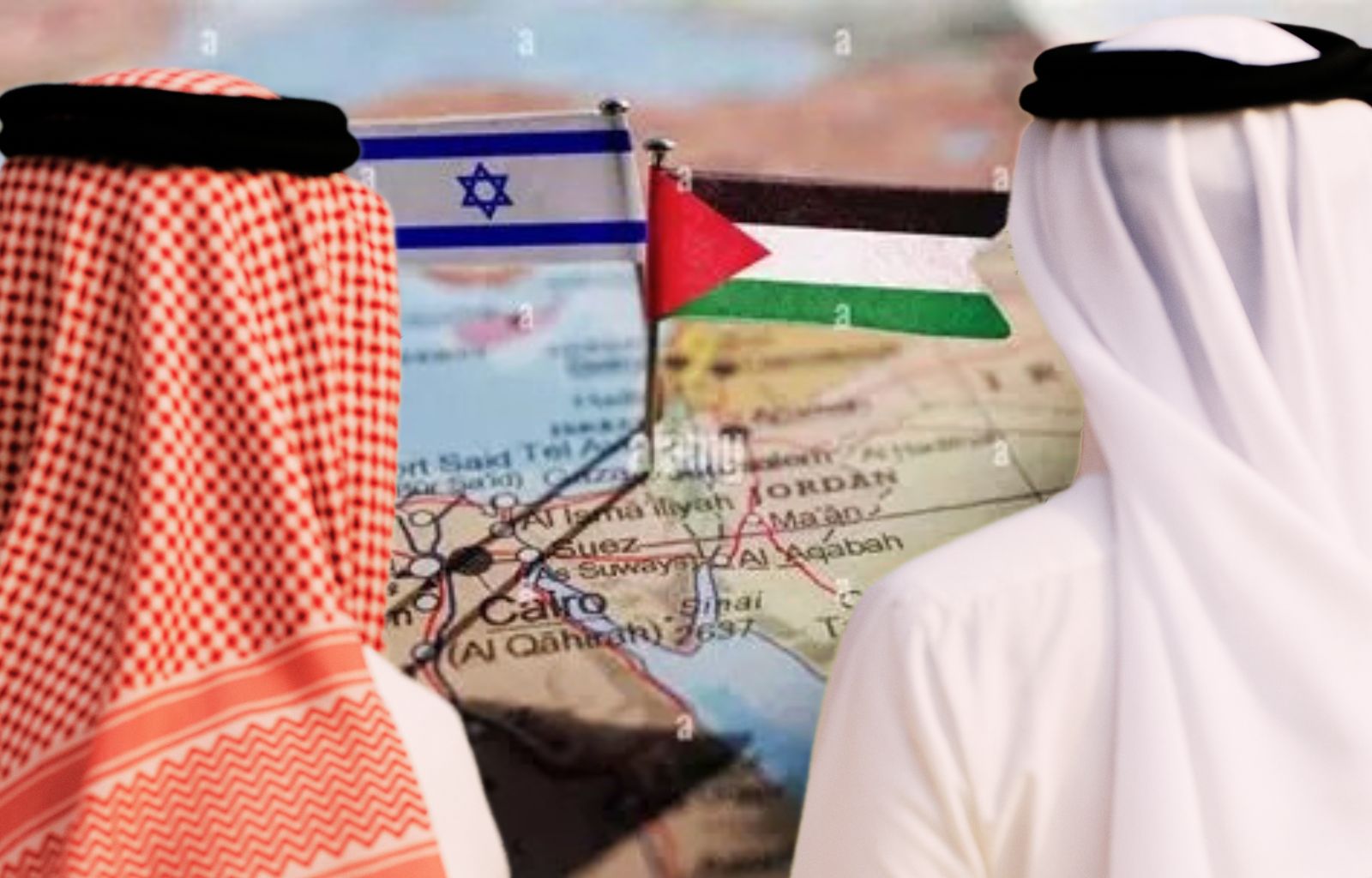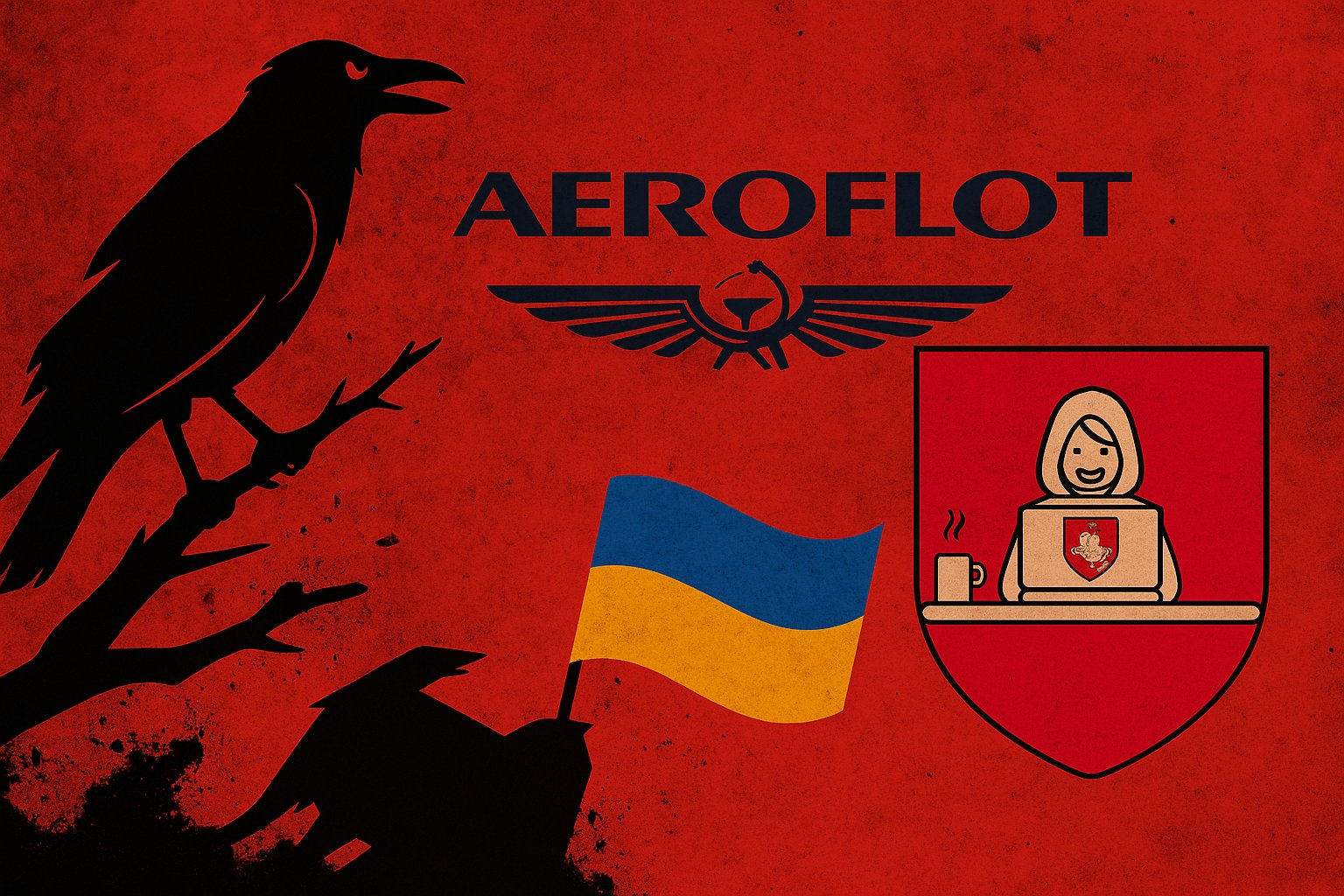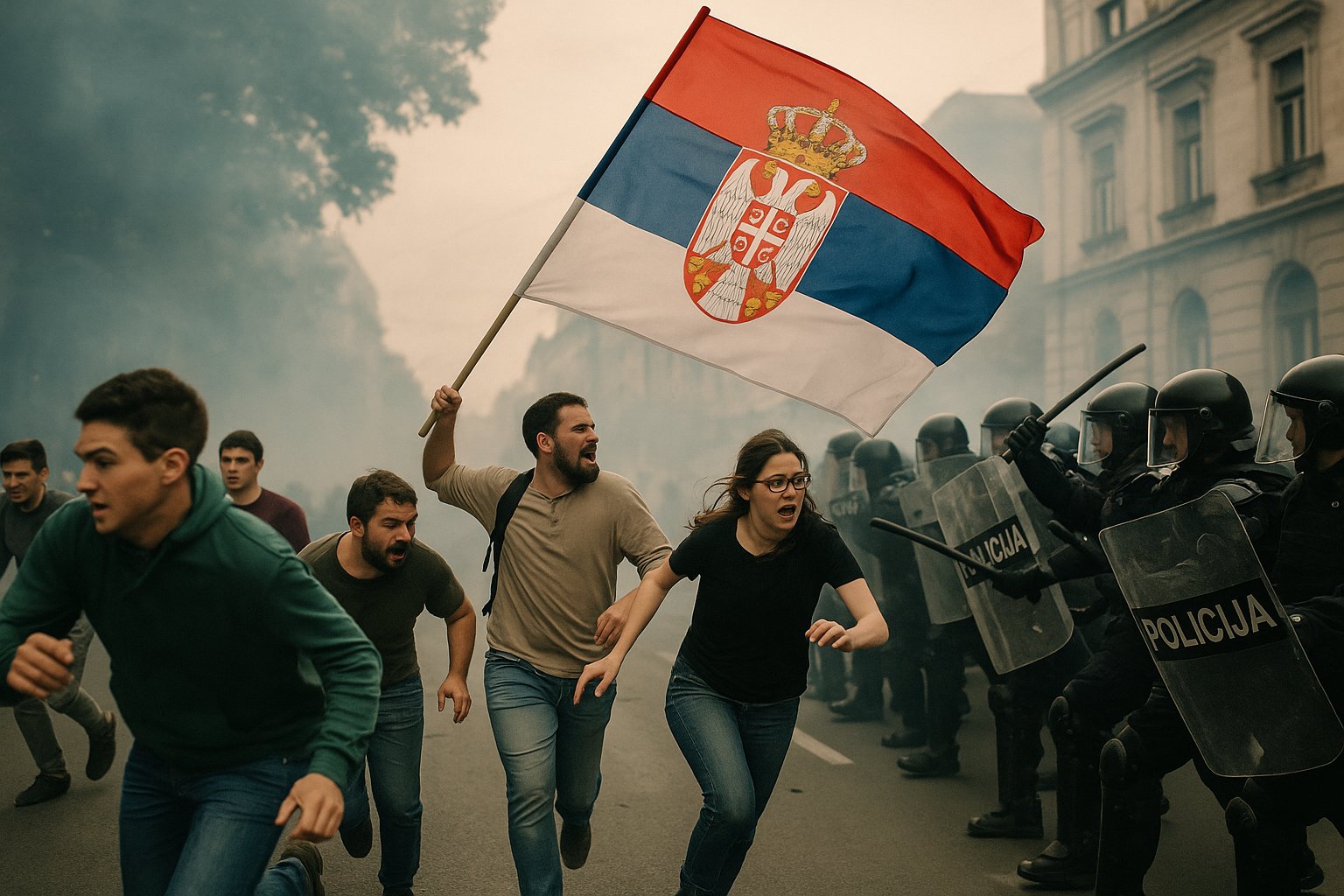Recognise Palestine? Yes, but only after the surrender of Hamas and its dissolution

Let us start with a fact: the war between Israel and Hamas, which flared up again after the massacre on 7 October 2023, has produced unprecedented devastation in the Gaza Strip. The Israeli offensive, conducted with the declared aim of ‘eradicating Hamas’, has left tens of thousands of civilian victims on the ground. Entire neighbourhoods have been razed to the ground, medical and educational infrastructure wiped out, hundreds of thousands forced to flee. Accounting for the dead is an unreliable exercise, not least because they cannot really distinguish between civilians and terrorists, but the humanitarian catastrophe is undeniable with tens of thousands of victims, mostly women and children.
The images from Rafah and Khan Yunis sparked global outrage. Israeli military operations, conducted with massive use of force, are the subject of serious allegations of war crimes. International human rights organisations and UN agencies have documented possible systematic violations of humanitarian law, and some Israeli army officers are the focus of preliminary investigations by the International Criminal Court.
Making the picture even more alarming are the statements of some Netanyahu government ministers, such as Itamar Ben Gvir and Bezalel Smotrich, who speak explicitly of an ‘Israeli Gaza‘ after the conflict. It is no longer just a question of the destruction of Hamas, but of a possible permanent restructuring of the political geography of the Middle East. In this climate, the very idea of a Palestinian state risks being dismissed as an illusion of the past.
It is precisely at this stage, paradoxically, that some European governments – starting with Emmanuel Macron’s France – are once again evoking the unilateral recognition of Palestine. A move that responds to an understandable moral need, that of giving a political signal to the Palestinian people, but which ignores the legal and institutional reality. The recognition of a State, in fact, is not a symbolic act: it is a de facto recognition of an existing statehood. And today,Palestine has neither the technical requirements nor the political conditions to be considered a fully sovereign state.
According to international law, and in particular the Montevideo Convention of 1933, a state exists when it has four basic elements: a permanent population, a defined territory, an effective government, and the capacity for international relations. None of these elements are fully satisfied by the current Palestinian situation. The Gaza Strip is a field of ruins under siege, fragmented between Hamas militias and allies, Israeli incursions and power vacuums. The West Bank, on the other hand, is divided into a patchwork of Israeli-administered areas, settlements, and fragments under the jurisdiction of the Palestinian National Authority, whose legitimacy is steadily declining.
Today, there is no unified and legitimate Palestinian government capable of representing the Palestinian people as a whole. The Palestinian Authority is discredited, paralysed and lacks effective control over Gaza; Hamas remains a military and ideological organisation incompatible with any logic of peaceful and democratic coexistence. Under these conditions, talking about the ‘State of Palestine’ is an exercise in diplomatic rhetoric, not a reality-based recognition.
Internationally, Palestine was granted ‘non-member observer’ status at the UN in 2012, and over 140 countries around the world have symbolically recognised its statehood. However, the application for full membership in the UN remains blocked by the American veto in the Security Council, and, most importantly, the recognised entity has neither an effectively sovereign territory nor a functioning state structure. In other words, an aspiration is recognised, not a fact.

Worse still, to recognise Palestine today under the present conditions would mean legitimising a fragmented institutional framework, lacking democratic representation, and partly dominated by an organisation – Hamas – that the European Union itself continues to classify as terrorist. It would be, indirectly, a reward for the strategy of violence, and a dangerous signal to all leaderships in crisis: that international legitimacy can be obtained even without respect for the law and without the ability to govern.
Of course, no one denies that there is a right of the Palestinian people to self-determination and a state of their own. But precisely to give dignity to this right, the truth must be told: the State of Palestine can only exist after the end of Hamas’ power, the reconstruction of civil institutions, the formation of a legitimate and representative government, and the start of a path of reconciliation with Israel. Only then will there be the conditions – legal, political and moral – to speak of a real state, and not a fiction.
The risk of early recognition is to freeze the anomaly, to crystallise the division, to strengthen the radicals. And it is a risk that no responsible diplomacy should take.












